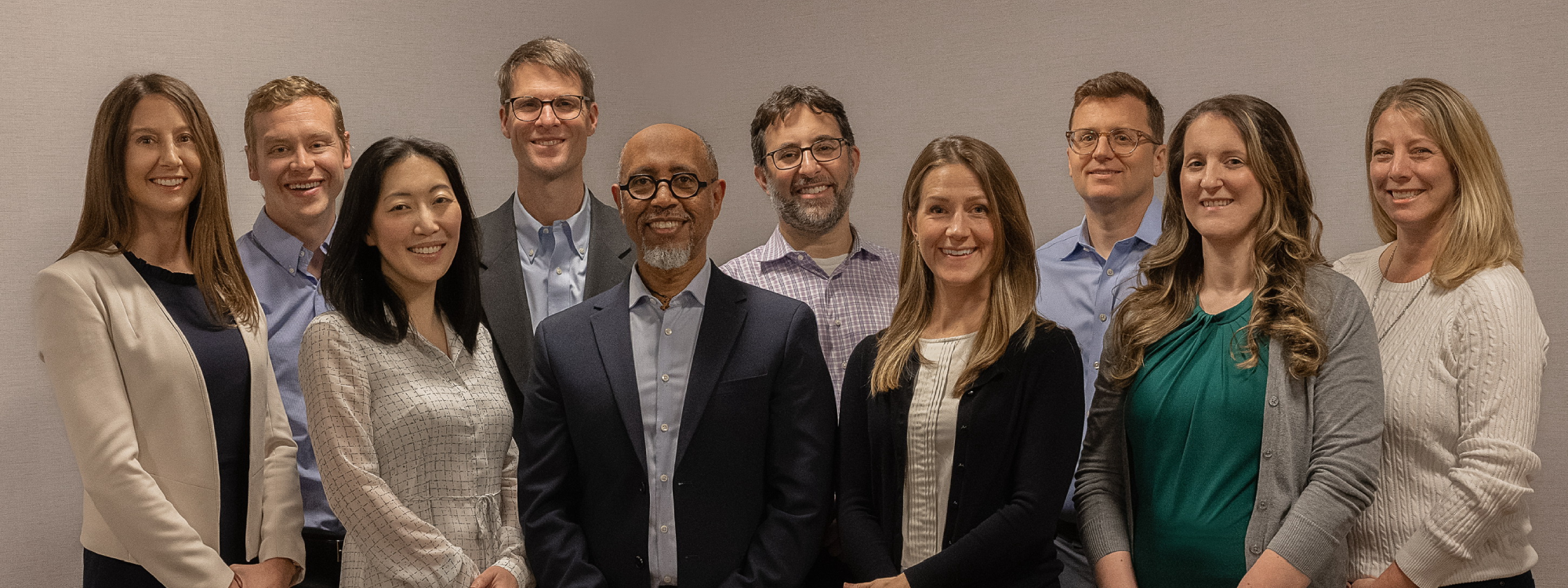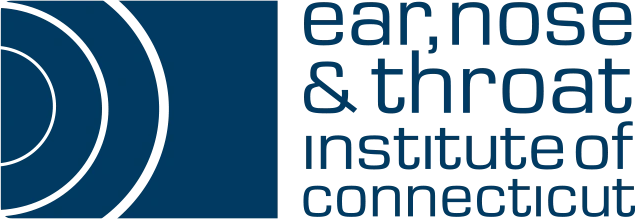Connecticut Voice Institute
The Connecticut Voice Institute provides comprehensive care for a variety of voice disorders and related conditions.
Our team offers thorough diagnostic evaluations, advanced treatments, and voice rehabilitation services to help you reclaim your overall health and well-being.
Voice Disorders
Voice disorders include a range of conditions that can impact the production, quality, or pitch of the voice. Our experts at the Connecticut Voice Institute diagnose and manage various voice disorders, including:
Vocal fold paralysis or paresis is a condition characterized by the inability of one or both vocal folds to move properly. This causes voice changes, breathiness, difficulty in speaking or singing, and potential aspiration of food or liquids. This condition can be caused by nerve damage, trauma, surgery, or neurological disorders.
Vocal fold lesions, such as nodules, polyps, cysts, or granulomas, are noncancerous growths or abnormalities that can develop on the vocal folds due to vocal misuse, chronic irritation, or vocal trauma. These lesions can lead to symptoms like hoarseness, vocal fatigue, and changes in voice quality. They require specialized evaluation and treatment.

Swallowing Disorders
The Connecticut Voice Institute specializes in evaluating and treating swallowing disorders that affect the larynx and pharynx. Our team addresses conditions such as:
Laryngopharyngeal Reflux
Pharyngoesophageal Dysphagia
Cricopharyngeal Hypertrophy
Zenker’s Diverticulum
Additional Conditions
The Connecticut Voice Institute also provides specialized care for additional conditions that affect the larynx, voice, and airway:
Recurrent Respiratory Papillomatosis
Recurrent respiratory papillomatosis (RRP) is a rare viral infection caused by human papillomavirus (HPV) types 6 and 11, leading to the growth of wart-like lesions in the respiratory tract, including the larynx and trachea. Symptoms of RRP may include hoarseness, breathing difficulties, chronic cough, and potential airway obstructions.
Chronic Cough
Chronic cough is defined as a persistent cough that lasts for more than eight weeks and is not related to acute respiratory infections. Chronic cough may be caused by various factors, including laryngeal irritation, vocal cord dysfunction, postnasal drip, or gastroesophageal reflux disease (GERD). We will perform a comprehensive evaluation to identify the underlying cause and implement appropriate treatment strategies.
Contact Us
Contact us today to schedule an appointment and take the first step toward better health and well-being.
Our friendly staff is ready to assist you and answer any questions you may have about our services, providers, or treatment options. Experience comprehensive, compassionate care at the Ear, Nose & Throat Institute of Connecticut.
(860) 284-4950
Bloomfield
4 Northwestern Dr.
Suite 100
Bloomfield, CT 06002
Suite 100
Bloomfield, CT 06002
Farmington, CT
599 Farmington Ave.
Suite 102
Farmington, CT 06032
Suite 102
Farmington, CT 06032
Glastonbury
622 Hebron Ave
Suite #201
Glastonbury, Connecticut 06033
Manchester, CT
515 Middle Turnpike West
Manchester, CT 06040
Manchester, CT 06040
